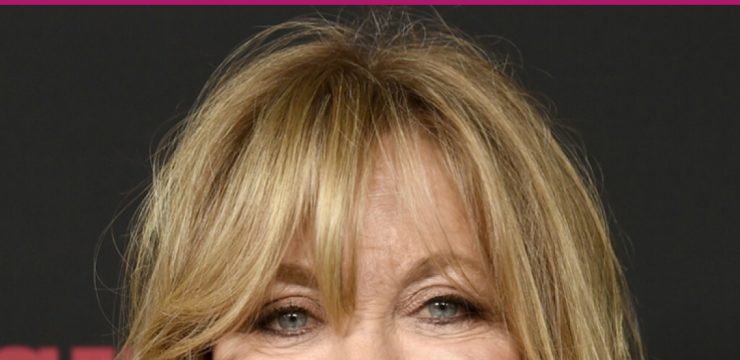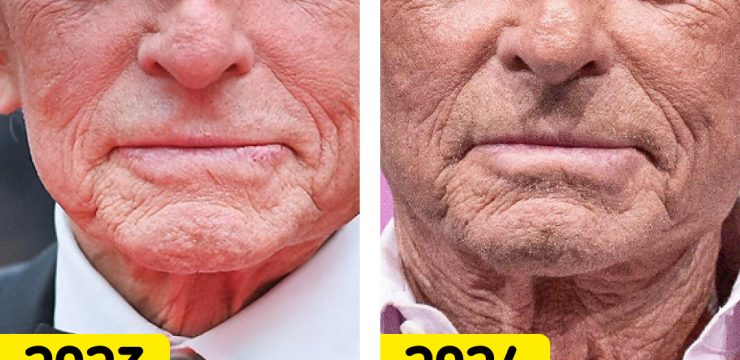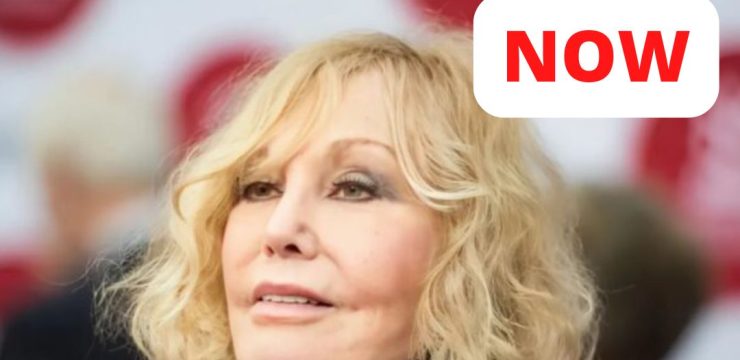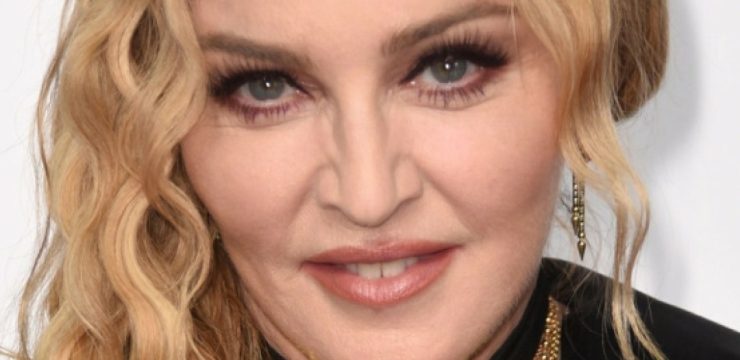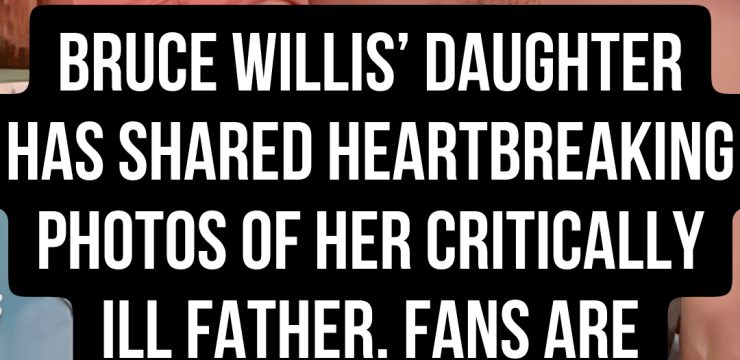Michael Pavano, known for his comedic flair and bold social commentary, recently drew attention for his parody of American Eagle’s controversial ad campaign featuring actress Sydney Sweeney. In a cheeky drag performance, Pavano squeezed into a snug pair of jeans, threw on a blonde wig, and mimicked Sweeney’s dialogue from the now-infamous commercial. His spoof comes in the wake of widespread backlash against the campaign, which many critics slammed as glorifying whiteness and promoting what they called “ethnic cleansing” through suggestive messaging.

The original campaign featured Sydney Sweeney, star of Euphoria, in a series of stylized videos and photographs under the tagline “Sydney Sweeney Has Great Jeans.” In the ads, Sweeney made a pun-filled speech about genetics, saying things like, “Genes are passed down from parents to offspring, often determining traits like hair color, personality, and even eye color… my genes are blue.” In another clip, she said, “My body’s composition is determined by my genes,” a phrase that sparked an uproar across social media platforms.
While the brand may have been aiming for clever wordplay between “genes” and “jeans,” the result was anything but well-received. The backlash was swift. Critics accused the brand of not only tone-deaf marketing but also of subtly pushing supremacist undertones by highlighting traditionally Eurocentric features like blue eyes and blonde hair. Some even went as far as labeling the campaign “modern-day N*zi propaganda,” igniting a firestorm that dragged both the actress and the brand into a digital battlefield.
In response to the heated debate, Michael Pavano decided to tackle the situation with satire. His drag parody—captioned “gripping all the right places”—recreated the campaign’s tone but twisted the message to expose its absurdity. Wearing a purple denim jacket and matching jeans, Pavano played up the vanity and superiority implied in the original ads. “My jeans are blue – so they’re like, better than yours,” he said in the video. “They say people with blonde hair and blue eyes, their nature is favorite. I don’t say it, but they do – but I buy it!”
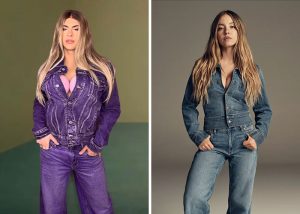
He didn’t stop there. Pavano added a flirtatious flair, exclaiming, “I mean, who wouldn’t want my jeans? I know you do, you dirty boy. Let’s be so real.” His impression of Sweeney was both exaggerated and hilarious, poking fun at the overly polished, almost surreal tone of the actual campaign.

What made Pavano’s spoof so effective was how closely it mirrored the original ads while highlighting their questionable messaging. At one point, he joked about how tight the jeans were: “By the time I finally get them on, I’m sweating, I’m gasping. I’m sneezing.” The exaggerated physicality added to the comedy, making it clear that the parody was not just about the visuals but also the ridiculousness of the premise.
The video quickly gained traction online, with fans praising his performance and comic timing. “You’re telling me this isn’t Sydney Sweeney?” one follower joked. Another commented, “This is delightfully unhinged,” capturing the general sentiment among viewers. Pavano engaged with the audience in the comments, saying, “Give me a lil more time and I’ll get the voice down.” Clearly, the comedian relished in the opportunity to both entertain and critique.

In an interview with the Daily Mail, Pavano expressed gratitude for the positive reception. “So far, the sketch has been received very well,” he said. “I’m always super grateful when people can see the hard work I put into my characters and comedy.” His parody served not just as entertainment but as cultural commentary—shedding light on how advertising can sometimes blur the lines between clever and problematic.
Meanwhile, the original American Eagle campaign continued to dominate headlines—not necessarily for the right reasons. The campaign, reportedly the most expensive in the brand’s history, faced a deluge of criticism. Detractors were particularly upset about the pun on “genes” and “jeans,” arguing that the campaign subliminally glorified traits associated with white supremacy, such as blue eyes and blonde hair. One viral post read, “Anyone else see that (not so) subliminal white supremacy (N*zi) propaganda American Eagle commercial that Sydney Sweeney did? Literally hinting about blue eyes and ‘good genes.’ It’s concerning. I always knew she was racist.”
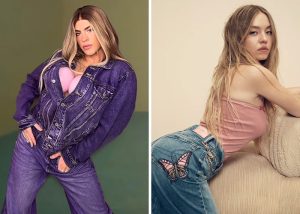
On the other side of the spectrum, some defended the ad, calling the criticism overblown. “So Sydney Sweeney is being compared to n*zis now because of a clever ad saying her genes are good like American Eagle jeans?” one supporter wrote. “You people are so miserable it’s actually sad.”
In the midst of this polarizing debate, Sydney Sweeney herself remained relatively quiet but did speak positively about her partnership with the brand in a press release. “There’s something so effortless about American Eagle,” she said. “Their commitment to creating pieces that make you feel confident and comfortable in your own skin is something that resonates with me.” She added, “They have literally been there with me through every version of myself.”
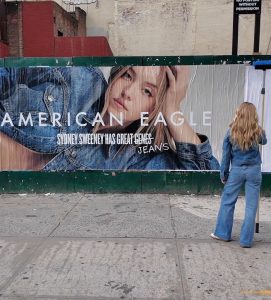
The campaign’s controversy didn’t seem to hurt the brand financially—in fact, quite the opposite. Following the release of the ads, American Eagle’s market value reportedly jumped by approximately $400 million. Company shares surged by more than 10% before ending the day with a 4.2% increase on July 24. Clearly, whether out of curiosity or support, people were paying attention.
Jennifer Foyle, president and executive creative director of American Eagle, stood by the campaign and their choice of spokesperson. “With Sydney Sweeney front and center, she brings the allure, and we add the flawless wardrobe for the winning combo of ease, attitude and a little mischief,” she said. The fall collection includes a limited-edition denim jacket and a signature piece called “The Sydney Jean.”

In the end, the saga around American Eagle’s ad campaign has sparked a larger conversation about branding, identity, and the responsibility companies hold in their messaging. While some see it as a misstep and others view it as marketing brilliance, one thing is certain: the campaign—and Pavano’s response—got people talking.
Through sharp wit and fearless performance, Michael Pavano managed to not only entertain but also critique a moment in pop culture that many found troubling. His parody highlighted the absurdity of the situation while offering a moment of levity. In doing so, he reminded us of the power of satire—not just to make us laugh, but to make us think.
